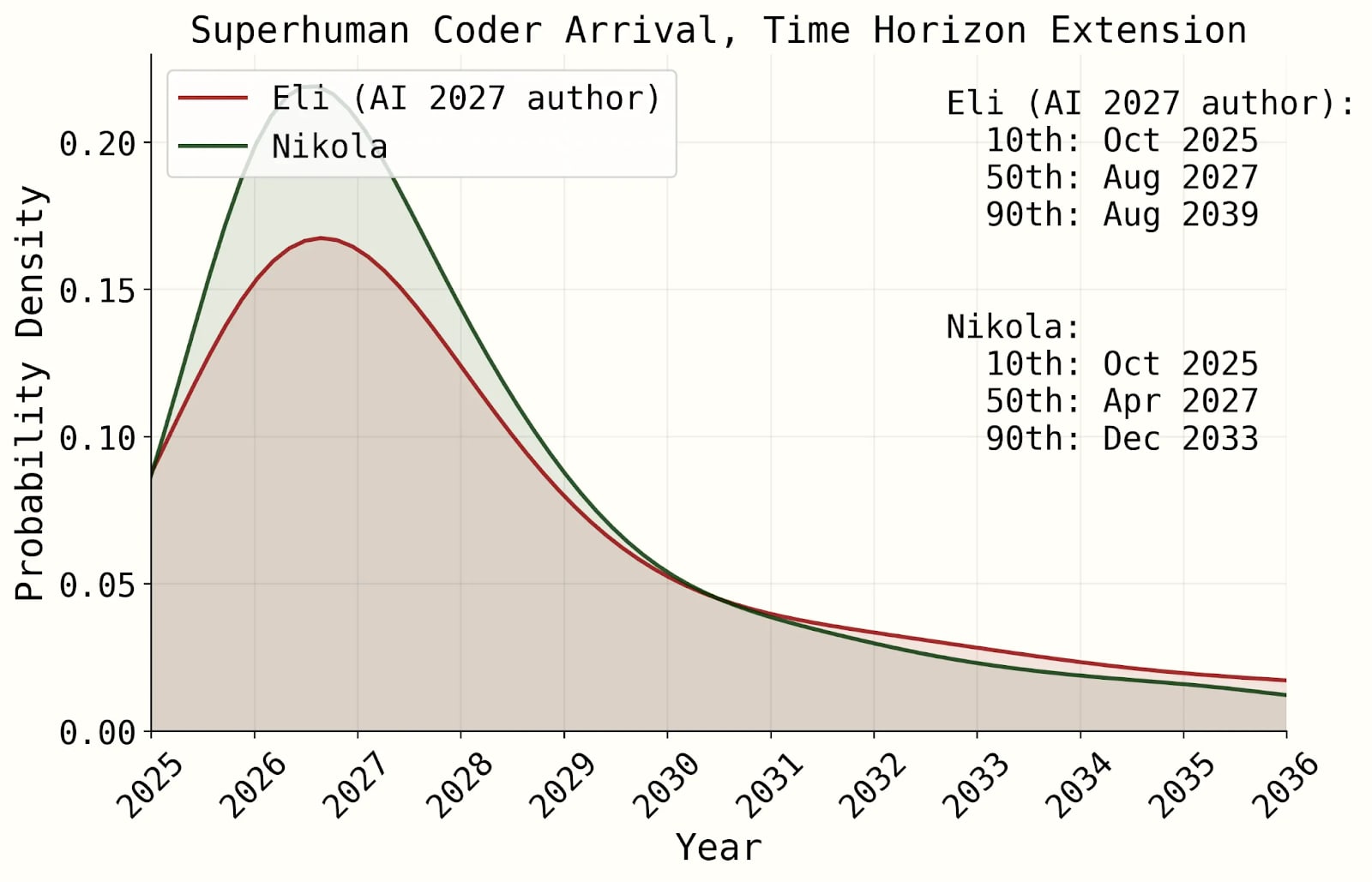This year’s Giving Tuesday was quite different from previous years. Giving What We Can and One For The World were already running a pared-down version of EAGT due to the change in ownership of the project, and once the rules for 2022 were announced, the project was essentially put on hold. Unfortunately, unlike previous years we do not have a retrospective demonstrating impact, instead, we (OFTW and GWWC) are advising that EAGT should be fully hibernated for future years.
Here are the high-level details of this year’s match:
“To help nonprofits jumpstart their Giving Season fundraising, Meta will match your donors’ recurring donation 100% up to $100 in the next month (up to $100,000 per organization and up to $7 million in total across all organizations). All new recurring donors who start a recurring donation within November 15 - December 31, 2022 are eligible. Read the terms and conditions.”
The reasons for hibernating the project include:
- Smaller potential impact due to new donor limits (previously to a single charity you could do $20k/donor, now only $100/donor).
- The matching seems to be more of a lottery than first come first serve, so coordination makes less sense (More details per Will Kiely’s comment here; lots of thanks to Will for all his help!)
- Recurring donations being necessary and potentially indefinite (making the match actually 50% since the second donation is the one being matched), placing strain on regranting.
If the rules were to change for future Giving Tuesdays or another matching opportunity comes up that seems to be a good candidate for coordination, GWWC and OFTW would be happy to facilitate volunteers to work on the project, given there is sufficient demand for it. We will archive the work that was done in previous years and can make it available to community members on request.
We encourage community members to share donation matching opportunities on the EA Forum, and other spaces where donations get discussed. Giving What We Can tries to share counterfactual donation matching opportunities for effective charities through our normal communication channels.
We’d like to thank everyone who organized and participated in EA Giving Tuesday over the years. It's been wonderful to see the community come together to raise money for effective charities.
Thank you for your support,
- The EA Giving Tuesday Team



Hi, I’m off the project now, but to my knowledge it is still hibernating (unless otherwise announced I think it will be, and I believe such an effort would be contingent on a serious matching funds opportunity).